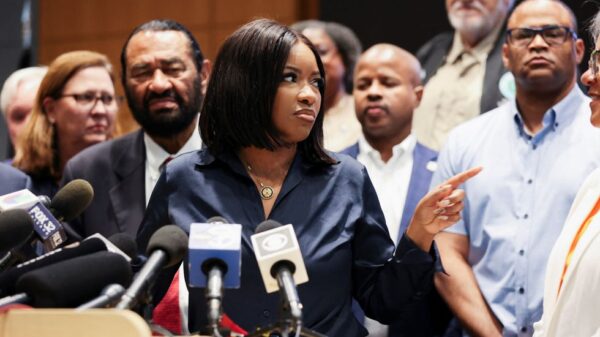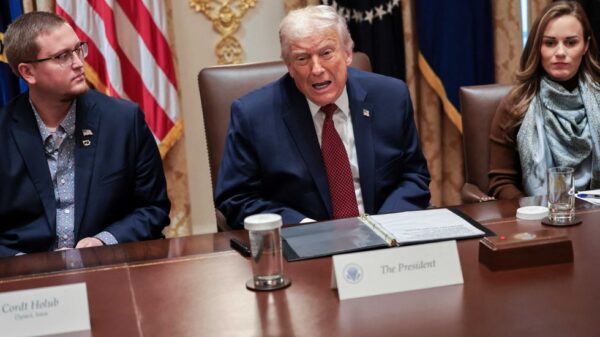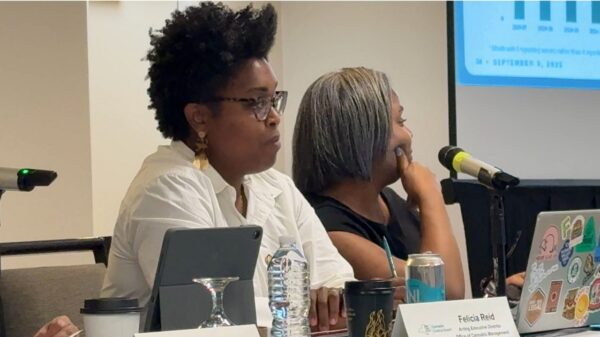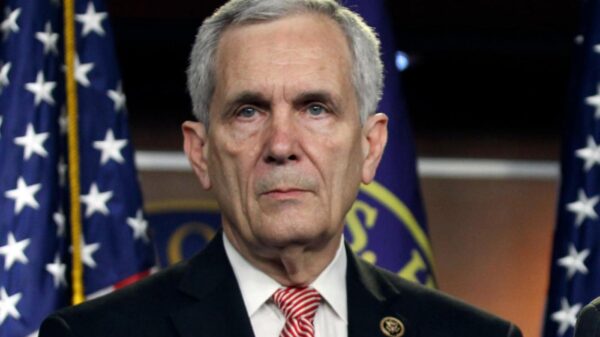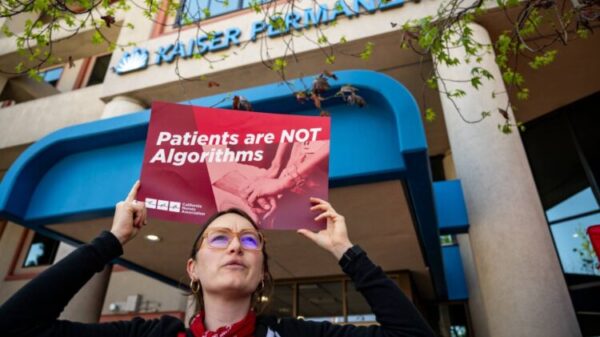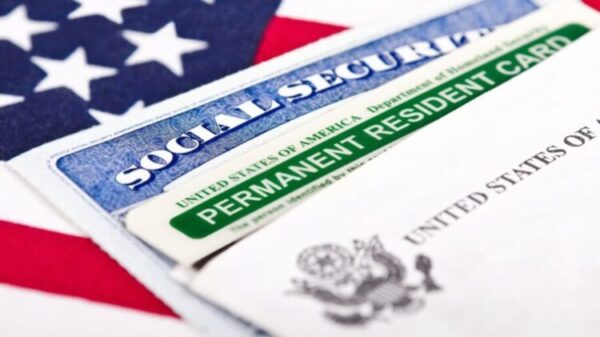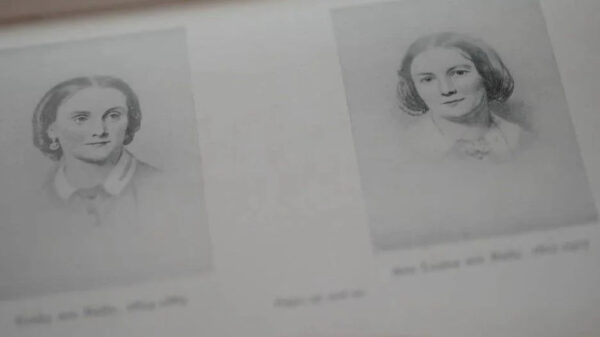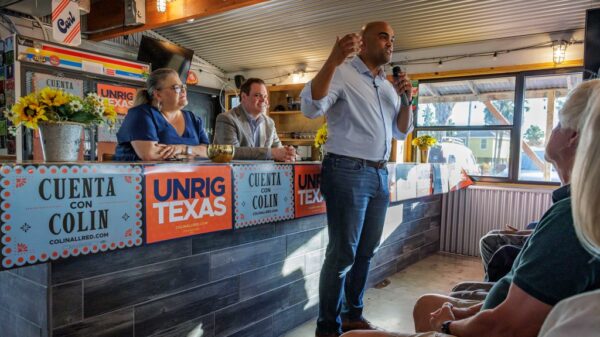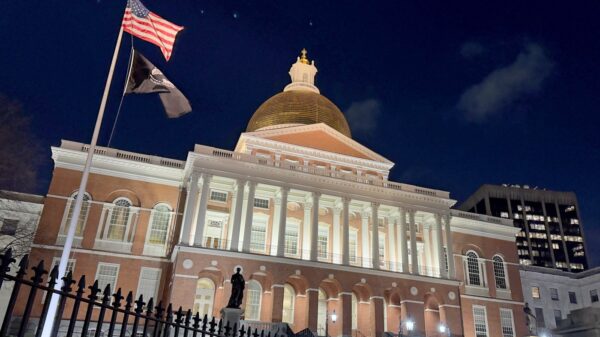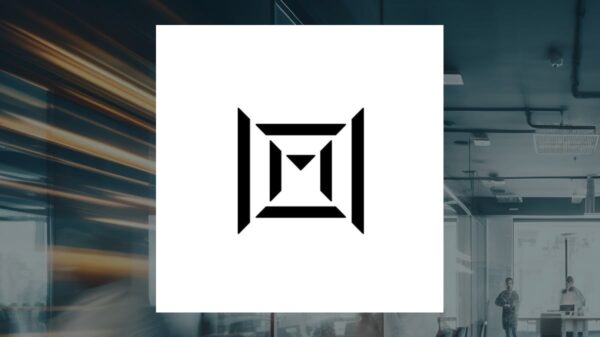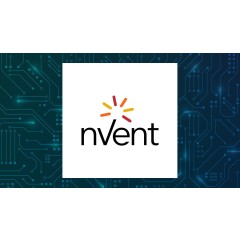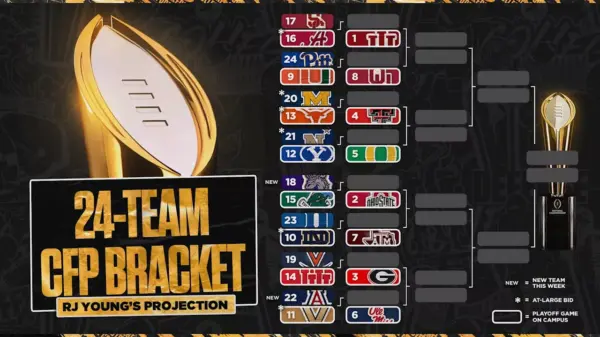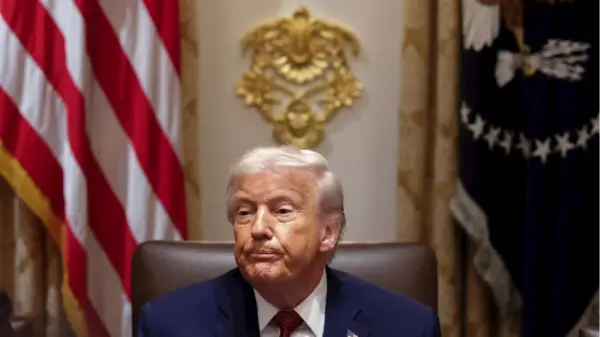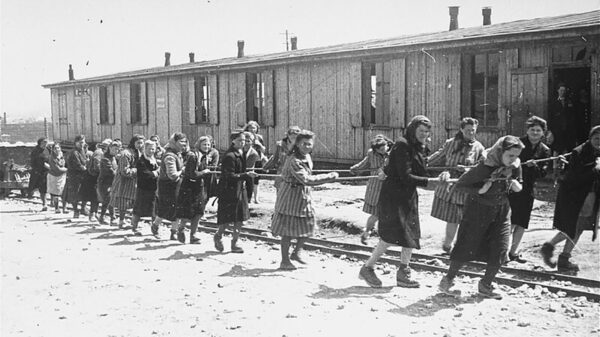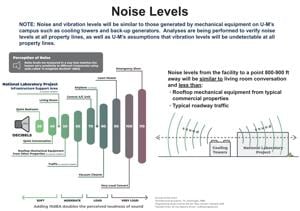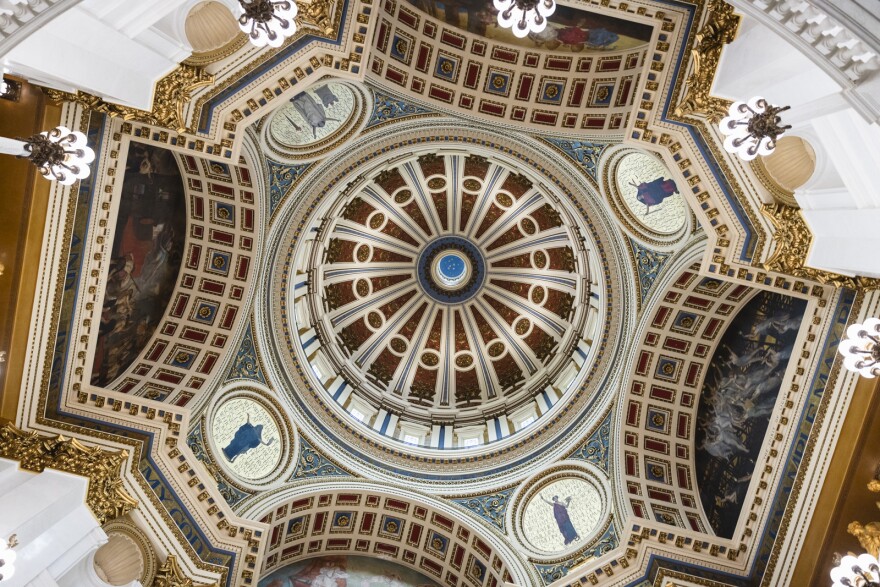Penn State University has significantly increased its lobbying expenditures in recent years, surpassing its peers in efforts to influence state lawmakers. The university spent $1.7 million on lobbying activities over the past two calendar years, outpacing Temple University’s $1.3 million, the University of Pittsburgh’s $968,000, and the University of Pennsylvania’s $700,000. This trend has emerged despite the commonwealth’s weak disclosure laws that complicate the tracking of lobbying activities in Harrisburg.
Increased Expenditures and Focus Areas
Analysis of over 15 years of quarterly lobbying reports from the Pennsylvania Department of State, adjusted for inflation, reveals that Penn State has ramped up its lobbying efforts since 2020. The university’s spending is at its highest level since 2008, targeting areas such as “economic development,” “education,” “health care,” and the state’s budget.
Despite these expenditures, Pennsylvania’s disclosure laws have faced criticism for lacking transparency. The laws require groups to report on the subjects they lobby about and the total costs incurred each quarter, including expenses for gifts and hospitality. Philip Hensley-Robin, executive director of Common Cause Pennsylvania, emphasized the need for more comprehensive disclosures, stating, “It would be a big improvement if we could at least know, for example, if Penn State was lobbying on specific legislation, not just on the budget.”
Concerns Over Transparency and Legislative Focus
While Penn State collects detailed data on its lobbying activities, including specific goals and recipients of gifts, it does not publicly disclose this information. The university is not legally required to do so, as it is largely exempt from Pennsylvania’s open records law. When approached for comment, a Penn State spokesperson did not reveal specific legislation or policies the university was advocating for in Harrisburg. The spokesperson noted, “Penn State’s impact on the Commonwealth is tremendous, and…the University strives to maintain a strong presence in Harrisburg.”
Data from the Department of State indicates that spending on gifts and hospitality by Penn State often spikes in the latter half of the year, possibly linked to the university’s football season. Emails obtained by Spotlight PA show that Penn State’s lobbyists provided tickets to games in 2023 to state employees, including Lieutenant Governor Austin Davis (D). When asked if these events contributed to the increase in lobbying expenditures, the spokesperson acknowledged, “Hosting individuals at sporting events is a contributing factor.”
Furthermore, Penn State President Neeli Bendapudi has spent more on lobbying annually than any of her recent predecessors, averaging $848,000 in adjusted figures. Her predecessor, Eric Barron, averaged $761,000 per year during his tenure. While the university’s spokesperson did not specify reasons for the recent uptick in spending, the context of potential changes in state funding adds to the urgency of these lobbying efforts.
For the first time in years, Penn State has the opportunity to increase its taxpayer-funded support. The state legislature allocates hundreds of millions of dollars annually to Penn State and other state-related universities to subsidize tuition costs for state residents. However, the university has not seen an increase in its annual appropriation for the past five years. As a result, it receives less per student each year due to inflation.
Democratic Governor Josh Shapiro has proposed an additional $60 million for “performance-based funding” for state-related universities, contingent on meeting specific metrics. The final allocation and its distribution depend on the state budget, which was still under discussion as of August 12, 2023.
Mike Stefan, Penn State’s vice president for government and community relations, expressed to university trustees in July that he anticipates the university’s appropriation to remain stable, with any increases in funding likely arising from the new funding model.
This lobbying landscape illustrates the complexities of university funding and the significant financial efforts institutions like Penn State are willing to undertake to influence legislative outcomes. As discussions continue around state funding, the scrutiny on lobbying practices and transparency will likely intensify.


